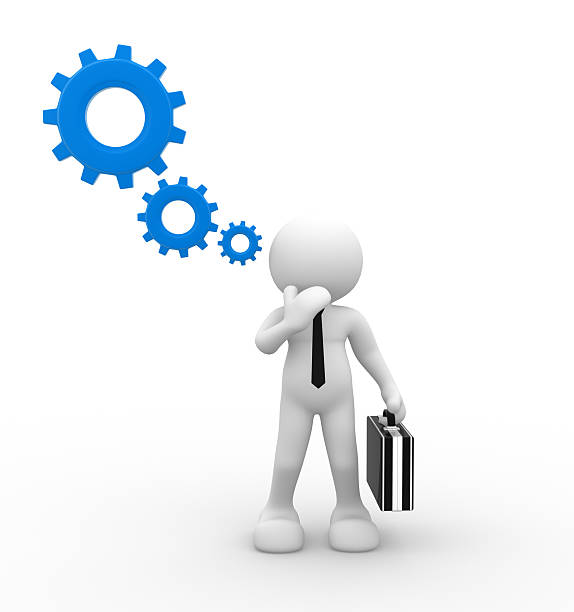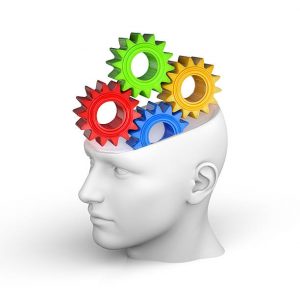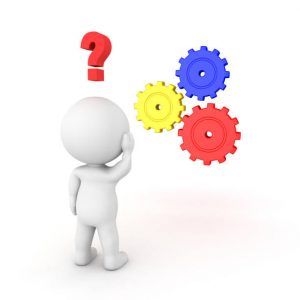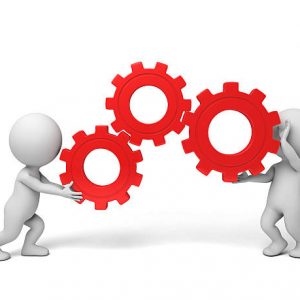Description
Suitable for whom
HR directors, business coaches, business consultants, managers and owners of companies, directors of departments, heads of departments, psychologists, educators, facilitators, mediators.
Module 1
Mastery and image of the coach
-Roles, functions of a coach.
-Styles of work of the coach.
-Coach type. Diagnostics. Possibilities.
-Classical types of coach, participant and client.
-Emotional and resource capabilities Charisma.
-Grades of coaching leadership. The leader trainer.
-Stylistics of work and contacts with participants. Diagnosis. Identification of individual growth points for coaches.
-Identification and elaboration of the purpose of the trainer.
-Self-presentation of the trainer and feedback
-Correlation of goals of training, trainer and trainees
-Pitfalls and problem areas
-Types of participants by learning styles. Development of exercises and instructions. Ways to keep context in any audience
-Choosing the optimal spatial position of the trainer / distance, location, etc.
-Verbal and nonverbal ways to influence the audience Nonverbal communication skills. Context of the message Congruence and incongruence. Types, forms of presentation, and uses.
Module 2
Modern Training Technologies
-Traditional and interactive approach to learning, the principles of interactive learning, the possibility of using interactive methods. Interactive methods. Classification. Situations for using them.
-What is the customer’s concern? Work with the customer before the training, drawing up a proposal and terms of reference for the training.
-Types of trainings. Opportunities and limitations.
-Tasks, solvable and not solvable by the training.
-Components of the training and stages of the design of the training.
-Open space technology. Open space technology.
-The principles that determine
-People who are targeted
-Ideas that emerge
-The coach who sets the tone
-Idea Fair – active idea creation techniques
-Push and Pull directions.
-Classic organizational training tools:
– Moderation
– Facilitation
– Sherring
– De-briefing
– Brainstorming
– Workshop
-Project directions
Module 3
Training design
-Creating training from scratch
– training master plan
– training skeleton
– the structure of a training day
– Modules and training bridges
– The wave dynamics of the training
– Emphasis and Grips
Levels of training and individual micro-techniques
-Setting the goals and objectives of the training.
-Development of the basic logic of the training.
-The structure and structural exercises.
-The detailed design of the training. Map of the trainer.
-New approaches to planning seminars. The use of schemes, models.
-Organization of space.
Module 4
Group management
-Communication process in the training: scheme, principles, channels of information dissemination, barriers to information dissemination, principles of effective communication.
-Communicative games in the group. Features of application.
-Differences between organized and disorganized groups.
-Roles in a disorganized group. The beginning of the training.
-Recognition and correction of destructive roles in a training group.
-Small group theory. Group dynamics. Factors influencing group dynamics.
-Working with group dynamics and group aggression. Roles in an organized group. Problem listeners.
-Basics of conflictology: Nature of conflict, Types of criticism.
-Complicated situations in group and individual work with clients.
-Methods for neutralizing negative emotions.
-Constructive state and behavior in conflict situations.
-Methods for changing the emotional state of participants.
-Methods for removing fatigue and tension from the group.
Module 5
Post-training support and result monitoring
-Post-training support for clients:
-Post-training support for coaches.
-Methods of coaching in training






Reviews
There are no reviews yet.